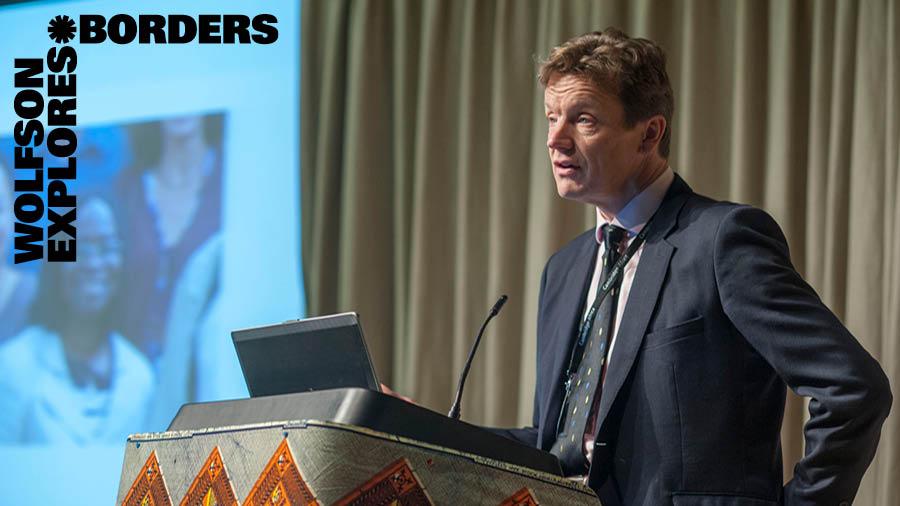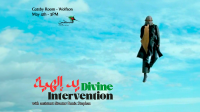How to rebuild a city with Karam Alkatlabe


“I am very pessimistic about learning global lessons well enough to see real changes being sustained into the future,” says Professor James Wood. “This is why we must continue to argue and fight for systematic change.”

James, a veterinary epidemiologist who leads the Disease Dynamics Unit in Cambridge, has spent much of the last 15 years working on potentially zoonotic viruses in African bats and focuses his research on infectious disease emergence and control, publishing widely on the risks of disease from wildlife.
Back in March 2020, James was scheduled to give a lecture as part of the Wolfson Explores Borders series, entitled ‘Diseases without Borders: Emerging infectious diseases in Africa’, when the UK suddenly went into lockdown number one.
More than a year later, as we emerge from a third national lockdown, James will finally deliver his Wolfson Explores Borders lecture, albeit online and with a shifted perspective in the light of the pandemic: ‘Diseases without Borders: what can we do to combat the next pandemic?’
Ahead of the talk, we spoke to James, who is also a Wolfson Fellow, to ask him some pandemic-focused questions and to find out what lies ahead.
The stand-out for me has been the massive variation in the impact, so far, between different countries and within different countries. Within country, variation has been driven in many cases by inequalities, usually wealth-related, but often along ethnic divisions. The vulnerability of some groups has been stark. We still do not understand why, how and when some countries have been hit when they have been.
While the UK appears to be in a good situation, the contrast in many other countries such as Brazil, India and even Sweden is not good. This is a global pandemic and we need to focus more on international controls.
We have been talking for some years, based on our research, about the need to invest in primary human healthcare in hotspots for disease emergence. On Friday, I’ll be talking about how bad we are at diagnosing Ebola spillover cases in sub-Saharan Africa, where around 90% of them are never found – despite this being one of the most feared of human diseases. We must do more in this respect to protect global health.
Global biodiversity loss is an important driver of zoonotic spillover – and some of the ways that agriculture works is an important driver of this. But humans are an important part of biodiversity and it is vital that we do not penalise indigenous peoples around the world in our desire to protect biodiversity – they are the solution to, not the cause, of biodiversity loss. Banning international trade in live animals is one logical solution to reducing risk that we should fully support.
I am very pessimistic about learning global lessons well enough to see real changes being sustained into the future. This is why we must continue to argue and fight for systematic change. We will have pandemics in the future as we have in the past, but we can do much more to prevent and mitigate them.
‘Diseases without Borders: what can we do to combat the next pandemic?’ takes place online on Friday 7 May 2021 at 18:00. You can register for the lecture now.
The lecture is part of the Science Society and Wolfson Explores Borders series.

A display of works from the Bradshaw-Bubier studio pottery collection.

How we can develop ‘death activism’ – a variety of tactics and posthuman practices which celebrate death, its inevitability, its forms, from the slow to times of crisis, and how can trauma and mourning emerge as their own forms of expression, or even activism?

We are delighted to welcome Sandi Toksvig OBE as our speaker for Wolfson's prestigious Lee Lecture this year.

Join us for the 2024 Wolfson Research Event: an interdisciplinary academic conference organised by students to showcase the diversity of the research carried out by Wolfson students.

Screening of Elia Suleiman’s Divine Intervention, in conversation with assistant director Rania Stephan.







